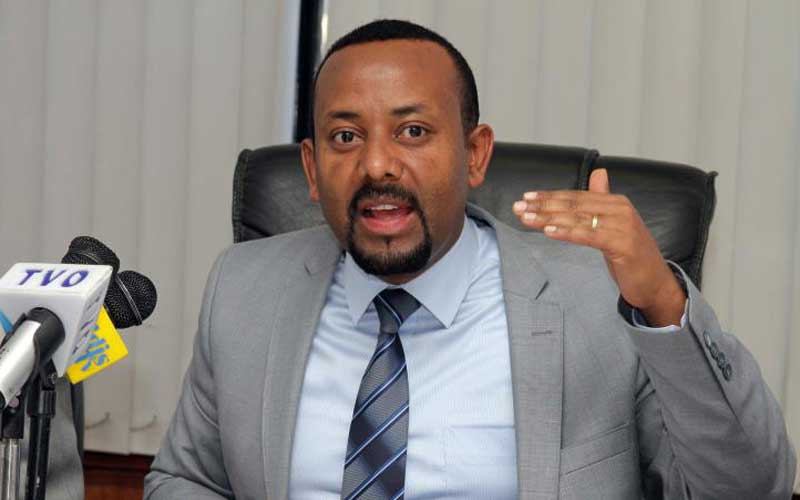×
The Standard e-Paper
Kenya’s Boldest Voice

The award of the Nobel Peace Prize to Abiy Ahmed (pictured), the Ethiopian Prime Minister is certainly befitting and worthy of our praise. The 43-year-old Abiy, who helped end a 20-year war between his country and Eritrea, has demonstrated a rare breed of leadership.